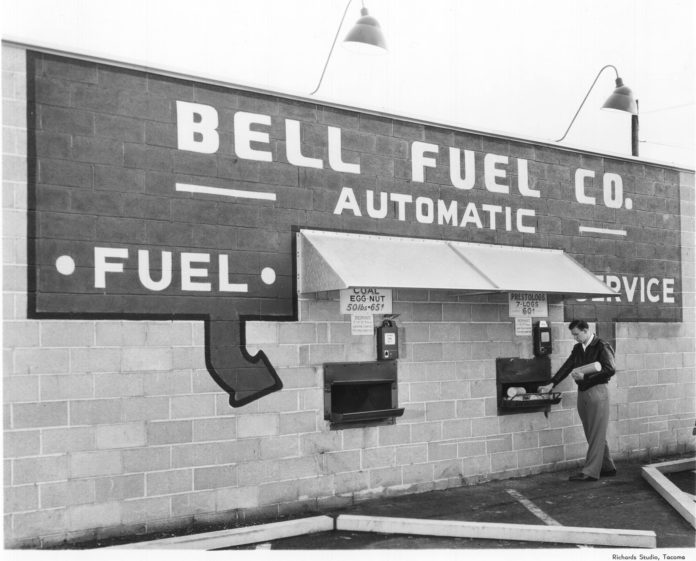Cold winter weather reminds us why keeping warm has historically been a struggle, now generally forgotten in this modern era of central heating within well-insulated homes and apartments. It hasn’t always been the case. For most recorded history open flame fires fueled by wood, peat, coal, or animal dung provided heat for both cooking and comfort. But securing fuel meant hard work and difficult undertakings for a ready fuel source to last your family throughout the year.
As cities grew larger, entrepreneurs began delivering firewood, peat, or coal depending on the availability from local sources. Horses and carts were the standard delivery option until the development of cars and trucks in the early 1900s. By 1950, 68% of U.S. families still heated their homes with either coal (35%), natural gas (27%) fuel oil (23%), wood (10%), while electricity heated fewer than 1% of American homes. That would soon change after General Electric and Westinghouse co-sponsored a multi-million-dollar nationwide campaign promoting their message, “Live Better Electrically.” Today, about 40% of American homes are heated by electricity.
When this 1952 photo was taken, Tacoma homeowners short of fuel could drive to self-service vending machines and purchase coal and presto logs from Bell Fuel Company. At their vending machine, 50 pounds of coal costs 65 cents while seven Presto-logs set you back 60 cents. The company also handled oil, bulk coal, firewood, and sawdust in addition to servicing home and business heating equipment. Bell Fuel operated from 1934-1973 and had locations at 1210 and 1236 South Sprague Ave., and at 5111 – 111th St. S.E. in Lakewood. The company was formed by two brothers, William H., and Edgar A. Bell, with control later assumed by Robert Wiley Bell, William’s son.
This Richards Studio photo number A64200-1 comes courtesy of the Northwest Room of the Tacoma Public Library and was likely used for promotion purposes in the Bell Fuel Company’s advertising campaigns.









